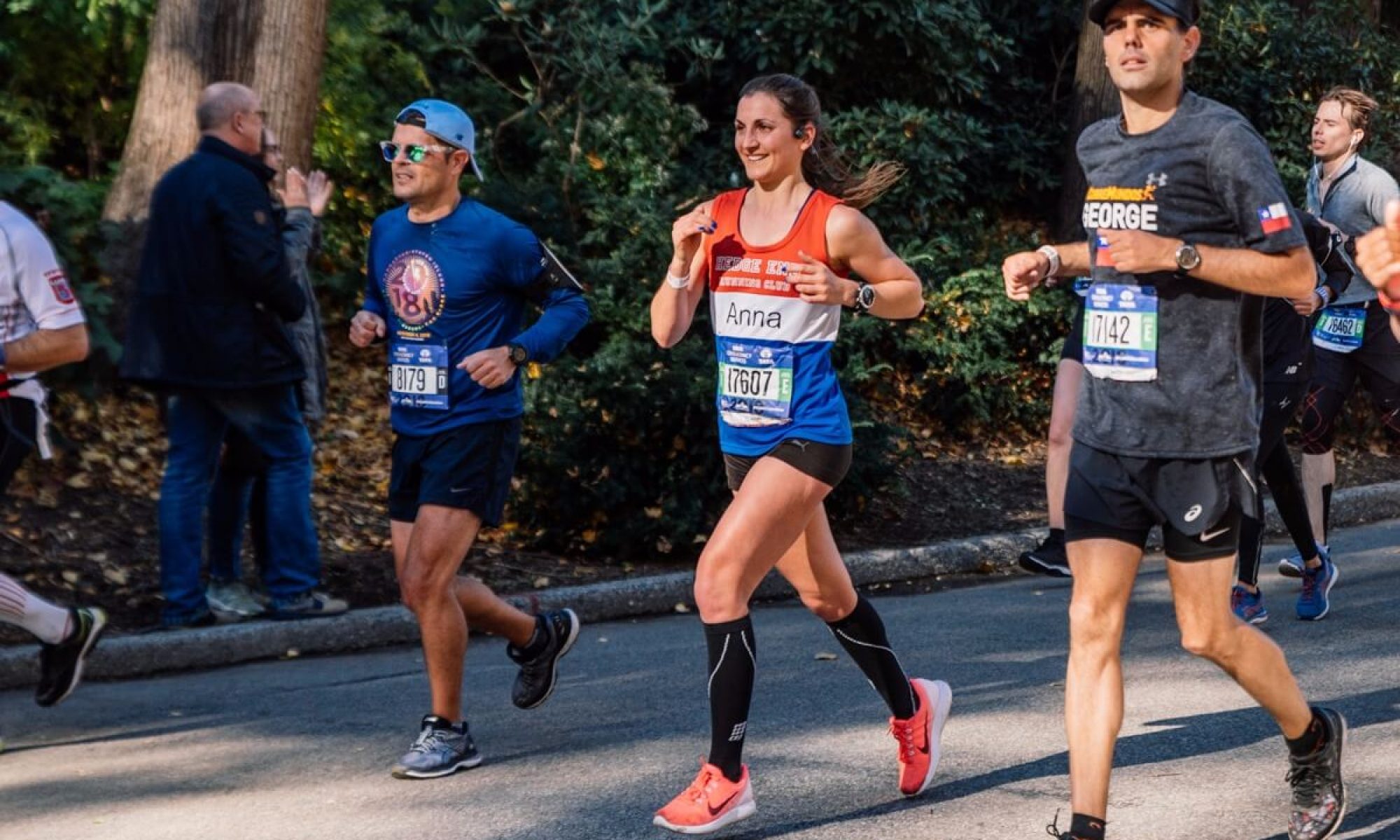I’m still riding the happy wave of Chester Marathon. I’m so pleased with how it went and it’s given me a bit of a boost with what I could achieve going forward, which is of course onwards to another marathon. I’m not massively eager to bash out a ridiculously fast time or try and beat my PB (which was still around 4 minutes faster than Chester) but I’d quite like to do another really focused training segment where I include some actual workouts, like tempos, intervals and hill sessions, rather than the very relaxed running I was doing this time around. Though mentally it was nice to run without any real pace aims or targets, I really enjoy the process of seeing my paces get faster and just feeling more confident in my running.
I’m not massively eager to bash out a ridiculously fast time or try and beat my PB (which was still around 4 minutes faster than Chester) but I’d quite like to do another really focused training segment where I include some actual workouts, like tempos, intervals and hill sessions, rather than the very relaxed running I was doing this time around. Though mentally it was nice to run without any real pace aims or targets, I really enjoy the process of seeing my paces get faster and just feeling more confident in my running.
My next marathon is Tokyo at the end of February [insert scared emoji]. I signed up with a tour company a while ago as I knew I wanted to do it at some point and I really have nothing stopping me doing it. Of course it’s ridiculously expensive to do it this way but I get a guaranteed entry (which is good because Tokyo is very, very hard to get into through the ballot, like London), flights, accommodation near the marathon start, transfer to and from the airport, some meals and I’m with other runners and a guide to help us get about. Seen as how I can get lost pretty much anywhere, I think this is probably the wisest approach in such a culturally different foreign country!
I think my parents (and my friends) are quite concerned about me getting lost there. Me too, me too. My dad jokingly said he’d put a tracker on my phone to make sure he knew where I was…though actually I don’t think he was joking. So being in a group of people and basically handheld through the process is perfect for me! Originally I was going to go with a fellow Marathon Major enthusiast but he selfishly bailed on me – apparently Boston is more important *cough cough* 😉
So Tokyo is the aim and, as ever, not a given because of my injury proneness. And unlike Boston, if I did get injured I wouldn’t still go as the trip is purely for the marathon with a bunch of other marathoners so how fun would that be if I couldn’t run? But anyway that’s a long way away at the moment.
For now I’m enjoying a bit of time off of running and gym-work. I don’t think I’ve had a week off from the gym for a long, long time so it was a nice reset for me during my week away. But don’t get me wrong though, I was looking forward to getting back into it! I do love going to the gym and having my normal routine.
In terms of running, I have no races in the plan apart from the Gosport Half Marathon (I sign up every year as it’s literally around where my parents live and the past three times I’ve been unable to do it due to injury. I almost didn’t sign up for fear of cursing myself), 10k near Christmas just for fun (I say “fun”, 10ks are never fun for me) and an obstacle course race thing with my friends in a few weeks but that’s not really running. I might take another week off of running or do the odd plodding about. I haven’t really made my mind up. My calf needed a bit of time post-marathon to feel happy again and it’s basically fine now but I don’t want to jump back into anything too soon. I’m also keen to address why I keep having this calf/shin issue. I’ve managed to get rid of all other issues (*touch wood*) but can never fully stop this when my mileage gets higher so I might have a gait analysis done.
But basically October is a chill month for me. November will ideally be when I’ll gradually build the mileage up again for Tokyo. Then it’ll be all go again! I also have a place at the London Marathon next year (Good For Age) but it’ll depend on Tokyo whether I do it or whether I defer. It’s all a bit fuzzy right now and nothing is ever set in stone for me.
It’s all a bit fuzzy right now and nothing is ever set in stone for me.
But I feel very content and happy right now just bumbling along without a plan. This will change soon I’m sure as I start getting itchy feet…
What are your racing plans?
Do you like to follow a training plan or go off piste from time to time?
Have you had a gait analysis done before?









